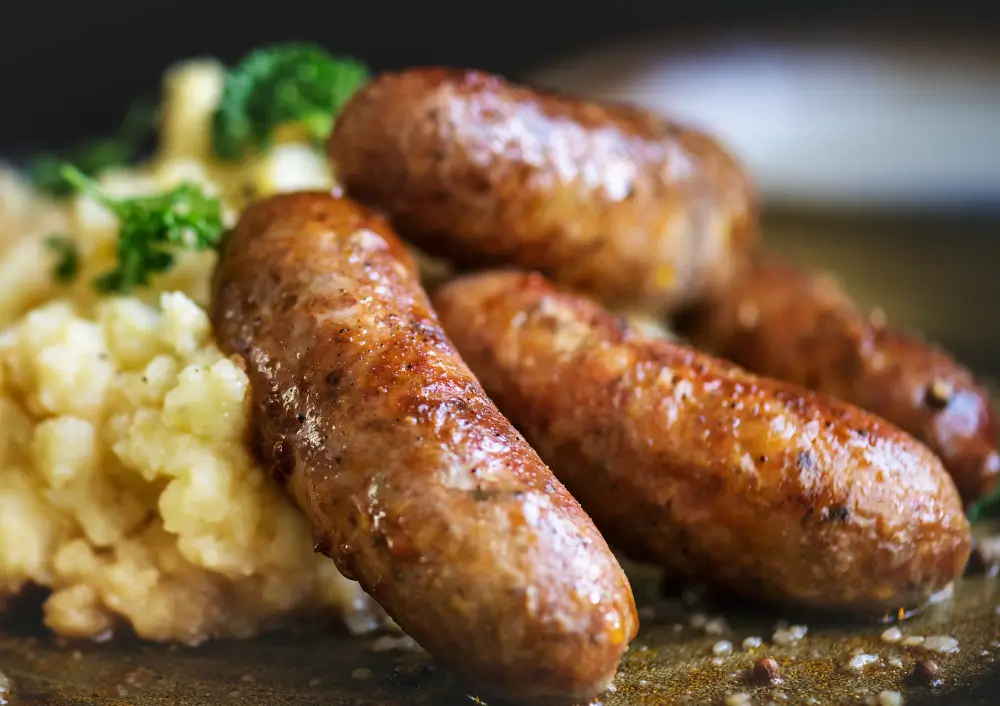Dining in Kenya is often a communal event, centered on sharing stories, tradition, and connection. A meal can be an experience that goes far beyond what is served on the plate. This guide explains the different ways travelers can participate in the authentic dining culture of the country.
Kenya Peaks Adventures arranges private, curated dining experiences with vetted local hosts. Our food tour service provides safe and direct access to these meals, connecting you with the people and stories behind the food.
What Makes a Dining Experience "Cultural" in Kenya?
A cultural dining experience is defined by its context and authenticity, separating it from a standard restaurant meal. The focus is on the environment, the story behind the food, the social rituals, and the human connection.
The atmosphere is a key component. The setting could be a family home filled with conversation, a busy local nyama choma eatery, or an open-air boma under the stars. The experience also includes learning about the food's origins and its significance in daily life or celebrations. The process itself is an event, like the slow-grilling ritual of nyama choma. Most importantly, it involves direct interaction with your host and their community.
Four Authentic Ways to Dine Like a Local in Kenya
Travelers can choose from several types of dining experiences, each offering a different perspective on Kenyan hospitality and cuisine.
The Nyama Choma Ritual
This is Kenya’s primary social food experience. The process begins at a local butchery, where you select a cut of meat, typically goat. The meat is then slow-roasted over charcoal for several hours while friends gather and talk. It is finally served on a wooden board with sides like ugali and kachumbari, meant for sharing.
The Home-Hosted Dinner
A home-hosted dinner is the most intimate option. It involves being welcomed as a guest into a Kenyan home to share a meal that the family would typically eat. The experience focuses on genuine hospitality and offers a direct look into daily life, family structure, and home-cooked cuisine.
A Taste of the Coast with Swahili Dining
The dining culture in Mombasa and along the coast is defined by unique Swahili flavors. This cuisine uses spices like cardamom, cloves, and cinnamon, with coconut milk and tamarind as common ingredients. Dishes like aromatic pilau or biryani are often served on large communal platters, reflecting a distinct culinary history.
Dinner Under the Stars with The Boma Experience
This is a dining experience typically found on safari. A "boma" is a traditional livestock enclosure, and the dinner is held in a similar open-air setting around a large bonfire. This setting provides a unique atmosphere for a meal, often including storytelling from Maasai guides or community members.
What to Expect: Etiquette and Practical Tips for Cultural Dining Experience
Understanding local customs helps ensure a smooth and respectful experience. These practical tips can help you prepare.
- Pace of the Meal: An event like nyama choma is not fast food. The slow cooking process and the time spent waiting is part of the social ritual.
- Eating with Your Hands: It is common to eat ugali and meat with your right hand. Your host or guide can show you the proper technique, which involves breaking off a piece of ugali and using it to scoop up other food.
- Gift Giving: For a dinner in a private home, bringing a small, simple gift is a thoughtful gesture but is not required. Common gifts include groceries like sugar, flour, or cooking oil.
- Engaging with Your Host: The conversation is a central part of the meal. Asking questions about the food, family, and local life is encouraged and welcomed.
Why a Hosted Dining Experience is Better Than a Restaurant
Many tourist restaurants offer "cultural nights" that can feel like a performance. A hosted dining experience is different because it is not a show; it is a glimpse into real life.
Our service provides access to real homes and vetted local eateries that a traveler would likely not find on their own. This removes the safety concerns and logistical challenges of navigating unfamiliar areas at night. A host also provides context that a menu cannot, explaining the "why" behind the "what" and making the meal more meaningful.
How to Arrange Your Cultural Dining Experience in Kenya
Booking a dining experience through our service is a coordinated process. We handle the arrangements to ensure a safe, authentic, and enjoyable evening.
- Contact our team to express your interest in a specific dining experience, such as a nyama choma tour or a home-hosted dinner.
- We will discuss your preferences, group size, and any dietary needs to match you with the right host and setting.
- You will receive a clear proposal that details the experience, inclusions, and cost for your private group.
Ready to share a meal and a story? Contact us to plan your authentic dining experience.





